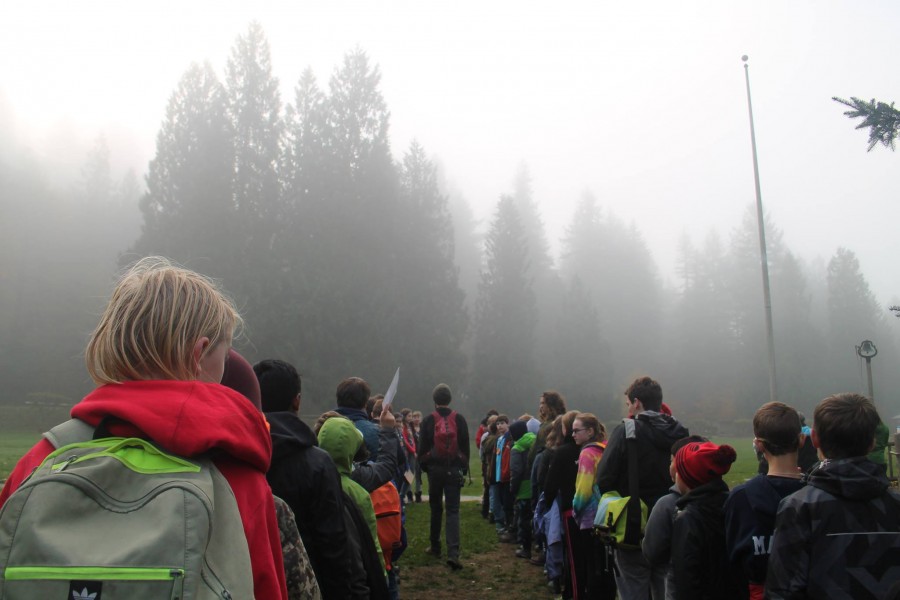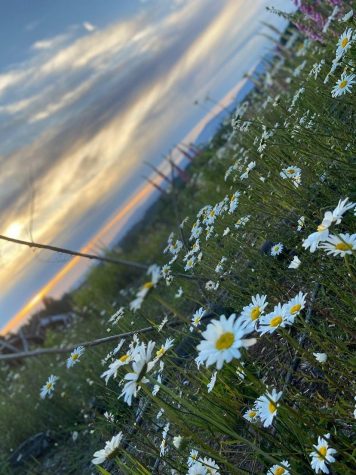Centennial Student Thrives as Outdoor School Counselor
It is in these harsh winter months that it is sometimes nice to look back upon a time
when it wasn’t excruciatingly painful to be outside. Of all the activities one could
participate in on a fall day, outdoor school–participating as either a counselor or
student– has to be one of the most unique and classic.
Outdoor school has been a fundamental part of the education system ever since it was
introduced in the 1960s. Traditionally, for one week out of the school year middle and
elementary school students are taken out of their normal education environments and
placed into “nature’s classroom.” Students commonly learn about nature, the
environment, animals, and how to preserve what natural resources humans have left.
While many look back fondly on their experiences as a participant in outdoor school
there is a selection of people who look back fondly on their experiences as a counselor.
One Centennial student has found great pride and pleasure in serving as a counselor for
the Multnomah Education Service District Outdoor School. Hunter Britton-Banes, a
senior, has gone to outdoor school six times as a counselor during his high school
career. He and I had the opportunity to correspond about his experiences being an
outdoor school counselor:
M: How did you get involved with outdoor school?
H: My mom introduced it to me because she had such a good experience as a high
school student leader.
M: Did you go to outdoor school?
H: I didn’t get to go outdoor school as a sixth grader due to budget cuts. The class of
2015 got to go, but currently Centennial doesn’t have the money for the outdoor school
program.
M: What kinds of things are taught?
H: At outdoor school, it’s sort of a mix between summer camp and environmental
biology class. There are four “field studies”- water, animals, soil, and plants. On these
field studies, sixth graders learn about basic environmental studies and how to help
conserve and save the environment.
M: What kinds of activities can kids participate in?
H: Outside of field studies, students and student leaders participate in silly camp games,
and cabin bonding things. Little games, ice breakers, and recreation activities.
M: How does being a counselor benefit you? (Do you get extra credit, academic
recommendations, or scholarships?)
H: From being a student leader, I receive half an elective credit each week that I’ve
gone, and I’ve been to outdoor school 5 times. I also am able to get letters of
recommendation easily, and extra credit in the science classes I’ve taken. After being a
student leader three times, you are able to apply for a scholarship.
M: Do you know why Centennial School District doesn’t participate in outdoor school?
H: Budget cuts. But there is a Friends of Outdoor School association – that Centennial
is a part of – that raises money for the Outdoor School For All law that is being worked to
pass, where ALL sixth grade students in Oregon are paid for to go to a week in the
outdoor school experience. Outdoor school has affected me so positively. It’s something
I look forward to every spring, and every fall. “Journey” is more than just a name to me-
it’s my credo. It’s who I am.






